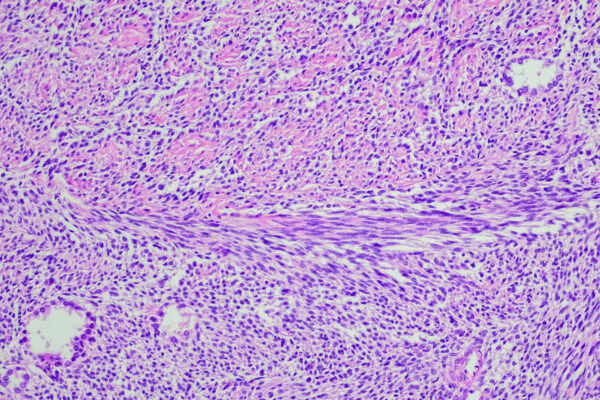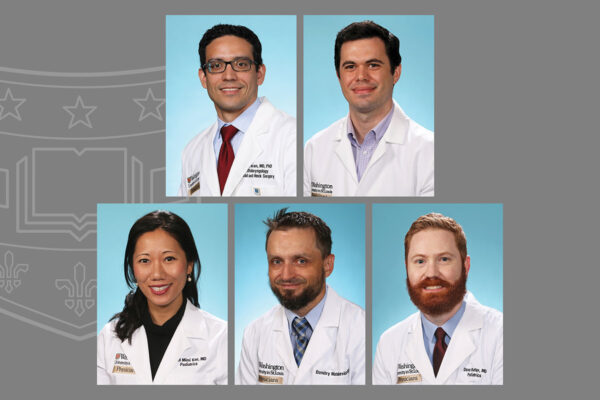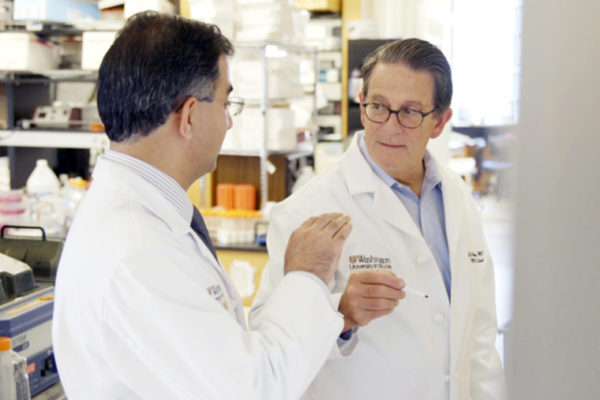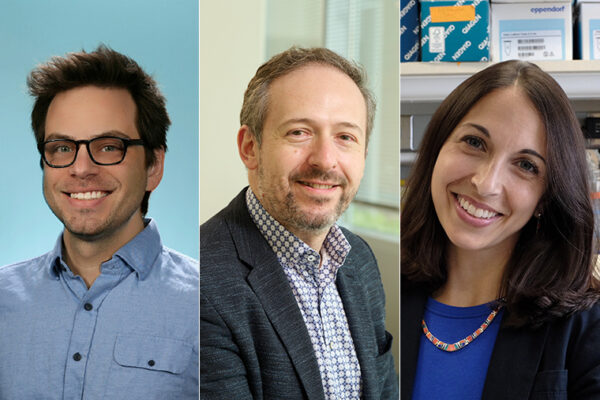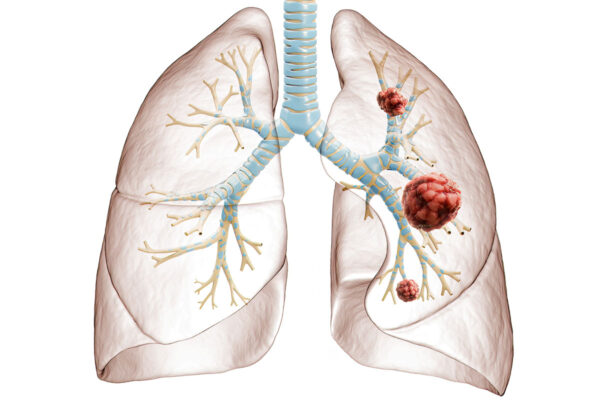Philip Needleman, emeritus trustee, longtime benefactor, 85
Philip Needleman, a Washington University in St. Louis emeritus trustee, longtime benefactor and former department head at the School of Medicine, died in an accident Monday, March 25, 2024, in Creve Coeur, Mo. He was 85.
Understanding how anxious misery affects brain networks aim of new grant
Janine Bijsterbosch, an assistant professor of radiology at the School of Medicine, is part of a team of five co-principal investigators studying how symptoms of depression, anxiety and stress — together known as anxious misery — affect functional brain networks. The team received a $3.6 million grant from the National Institute of Mental Health.
Combining multiple meds into a single pill reduces cardiovascular deaths
New research at the School of Medicine bolsters previous findings that “polypills” — single pills that combine medications that target cardiovascular disease-related conditions — are beneficial in preventing heart attacks and strokes and reducing deaths. As a result of the study, the World Health Organization has added such polypills to its most recent Model List of Essential Medicines.
Some sarcoma patients improve with T cell immunotherapy
A clinical trial led by School of Medicine researchers has shown that a T cell immunotherapy — in which the patients’ own T cells are genetically modified to attack and kill cancer cells — is effective in treating some patients with rare cancers of the body’s soft tissues. The study focused on the rare cancers synovial sarcoma and myxoid round cell liposarcoma.
Confluence symposium, award ceremony to take place April 10
The Washington University in St. Louis community is invited to attend a symposium and award ceremony recognizing WashU faculty and community partners for their innovative research and deep engagement with the region.
Five physician-scientists named to newest class of Dean’s Scholars
The Division of Physician-Scientists at Washington University School of Medicine in St. Louis has announced its fifth class of Dean’s Scholars.
DiPersio honored with E. Donnall Thomas lectureship
John F. DiPersio, MD, PhD, the Virginia E. and Sam J. Golman Professor of Medicine at the School of Medicine, delivered the E. Donnall Thomas Lecture in San Antonio at the Transplantation & Cellular Therapy Meetings of the American Society for Transplantation and Cellular Therapy and the Center for International Blood and Marrow Transplant Research.
Chan Zuckerberg Initiative funds pilot projects in neurodegeneration, neuroscience
Two innovative pilot projects led by researchers at Washington University School of Medicine have received funding from the Chan Zuckerberg Initiative to address critical challenges in the fields of neurodegeneration and neuroscience.
Shellhaas receives Child Neurology Society’s highest honor
Renée Shellhaas, MD, the David T. Blasingame Professor of Neurology at Washington University School of Medicine in St. Louis, has been awarded the Child Neurology Society’s 2024 Hower Award.
AI may predict spread of lung cancer to brain
A new study led by Washington University School of Medicine in St. Louis could help physicians strike the right balance when treating lung cancer patients. Scientists used an artificial intelligence (AI) method to study lung biopsy images and predict whether the cancer will spread to the brain.
View More Stories



